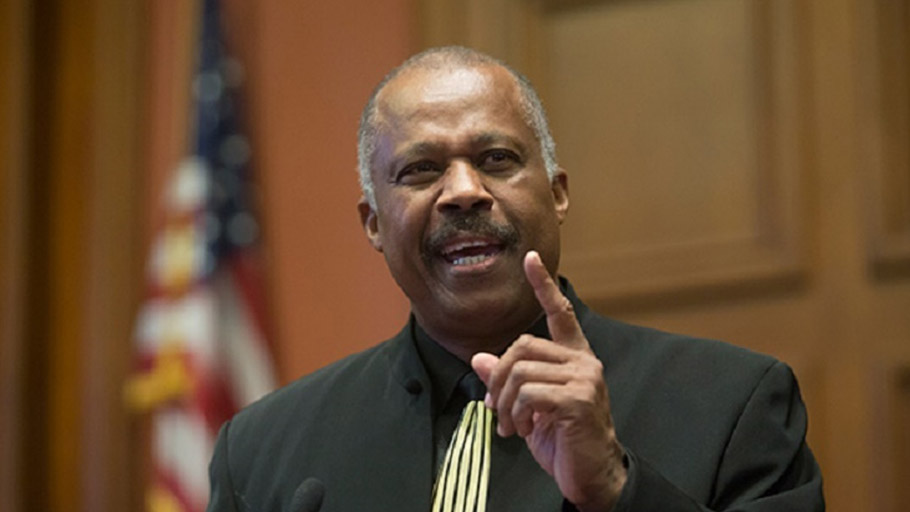What is The CARICOM Reparations Commission
The CARICOM Reparations Commission is a regional body created to Establish the moral, ethical and legal case for the payment of Reparations by the Governments of all the former colonial powers and the relevant institutions of those countries, to the nations and people of the Caribbean Community for the Crimes against Humanity of Native Genocide, the Trans-Atlantic Slave Trade and a racialized system of chattel Slavery.
What is the Global Reparations Movement
Wednesday, 20 September 2023 (CARICOM Secretariat, Turkeyen, Greater Georgetown): Reflecting on ten
Read MoreIn honour of the International Day for People of African Descent, the CARICOM Reparations Commission
Read More(The UWI Regional Headquarters, Jamaica W.I. Press Release)—The first point in the Caribbean-led reparatory
Read More10 Point Reparation Plan
- 1. Full Formal Apology
- 2. Indigenous Peoples Development Program
- 3. Funding For Repatriation To Africa
- 4. The Establishment Of Cultural Institutions And The Return Of Cultural Heritage
- 5. Assistance in Remedying the Public Health Crisis
- 6. Education Programmes
- 7. The Enhancement of Historical and Cultural Knowledge Exchanges
- 8. Psychological Rehabilitation as a Result of the Transmission of Trauma
- 9. The Right to Development through the Use of Technology
- 10. Debt Cancellation and Monetary Compensation
Why Reparation
What is the Global Reparations Movement
Ever since slavery was abolished in the Caribbean in the 1830s and in the broader Americas in the 1860s and 1880s, the victims of slavery and their progeny have been struggling for justice to repair the damages wrought by this most horrific of crimes against humanity. This struggle has ebbed and flowed over the decades of the 19 th and 20 th centuries but has always been consistent in the demands for restitution and recompense for the crimes of chattel slavery in the Western Hemisphere.
Historical Milestones

We join annually with communities across the world in marking the moment in which the crime of chattel enslavement was confronted and uprooted from our existential realities. For us, the moment is August 1st; other dates are determined elsewhere and officially recognized.
Marking the moment in a celebratory fashion remains necessary despite the despicable nature of the gesture of Emancipation, legislated by Britain in 1838. It was an act in which black peoples were finally defined by Parliament as property, and their enslavers deemed entitled to compensation for property loss.
Today is an opportunity for descendants of the enslaved, and enslavers, to reflect upon the causes and consequences of these crimes against humanity, and in particular their significance on how we live today, and will in the future.
Rising up from the barbarity of bondage, we have dedicated our development energies to the advancement of democratizing social values, with a primary emphasis on building societies that are free and fair; upon platforms of multiracialism and multiculturalism.






You must be logged in to post a comment.